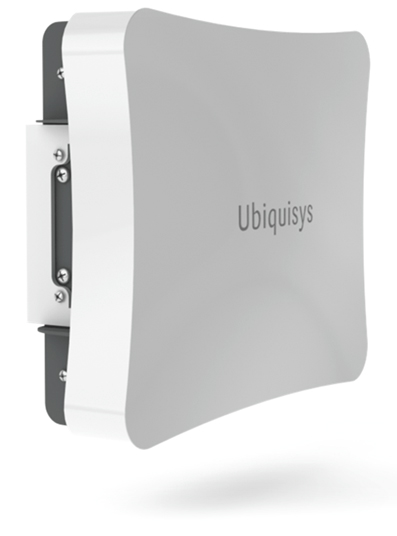Ubiquisys has raised $19 million in a funding round it termed "over-subscribed". The company said it would use the money to develop products that address the needs of operators deploying public access small cells.
That means building on its residential and enterprise-focussed solutions by adding technology that will aid the introduction of small cells within the operators' overall network architecture. That is likely to mean enhancements to existing Ubiquisys feature sets such as ActiveRadio and ActiveSON, which are designed to make small cells operate more efficiently in coordination with each other and the macro network, as well as furthering Ubiquisys' work with Intel, and others, to add greater processing power and intelligence to its small cell platforms.
Ubiquisys said it would also use the money to "accelerate delivery" of combined 2G/3G/LTE solutions. Ubiquisys technology is mainly found inside other vendors' products, such as NEC's femtocells, and products from manufacturers including Dovado, SerComm, Tecom and Gemtek that use Ubiquisys' platforms to build small cell products.
“Public access small cells require extremely high performance, resilience and fully automatic, adaptive capabilities. By building on the heritage of our volume residential and enterprise deployments, we are able to provide solutions which can meet the rigorous demands of operators in public spaces,” said Chris Gilbert, CEO Ubiquisys. “We remain uniquely placed to benefit from the ongoing exceptional growth in the small cell market and welcome this investment to help us meet this demand.”
Ubiquisys' latest round of investment included new investors Mobile Internet Capital and Nissay Capital, together with existing investors including 5CCG/Sallfort Privatbank AG, Accel Partners, Advent Venture Partners, Atlas Venture and Yasuda.
The company closed its last publicly-announced funding round in September 2010, with a combined $14 million investment that included a $5 million tranche from Taiwanese investors SerComm Corporation, UMC Capital Corporation and Pacific Venture Partners.



